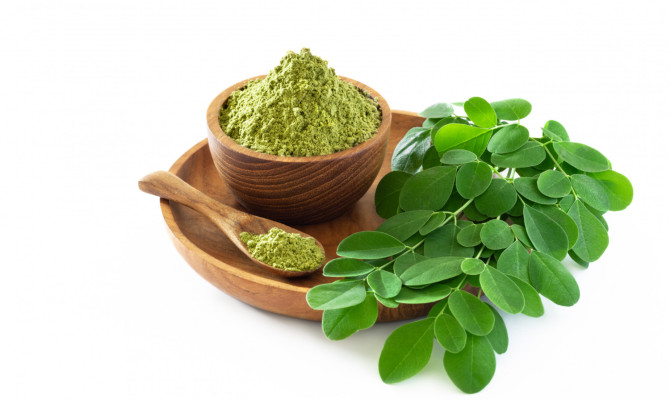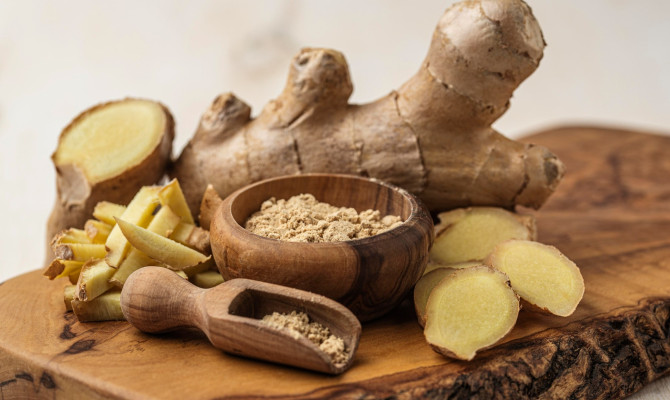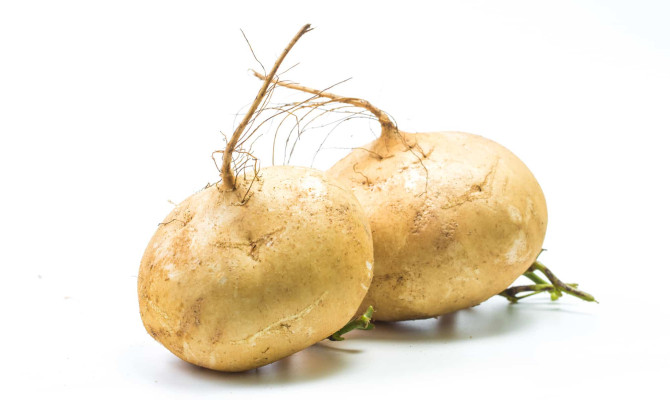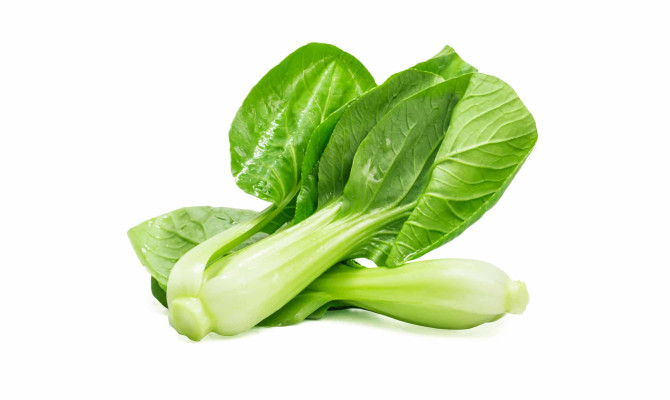Cabbage: Nutrition and Health benefits

- Cabbage
- 17 Aug 2023
Overview
About Cabbage
Few vegetables possess the adaptability and nutritional power like cabbage. Though frequently neglected and overlooked by its more glamorous counterparts, this simple leafy vegetable has been a staple in cuisines worldwide for centuries.
The following article will delve deeper into the cabbage world by studying its profile, health advantages, and wide range of culinary uses.
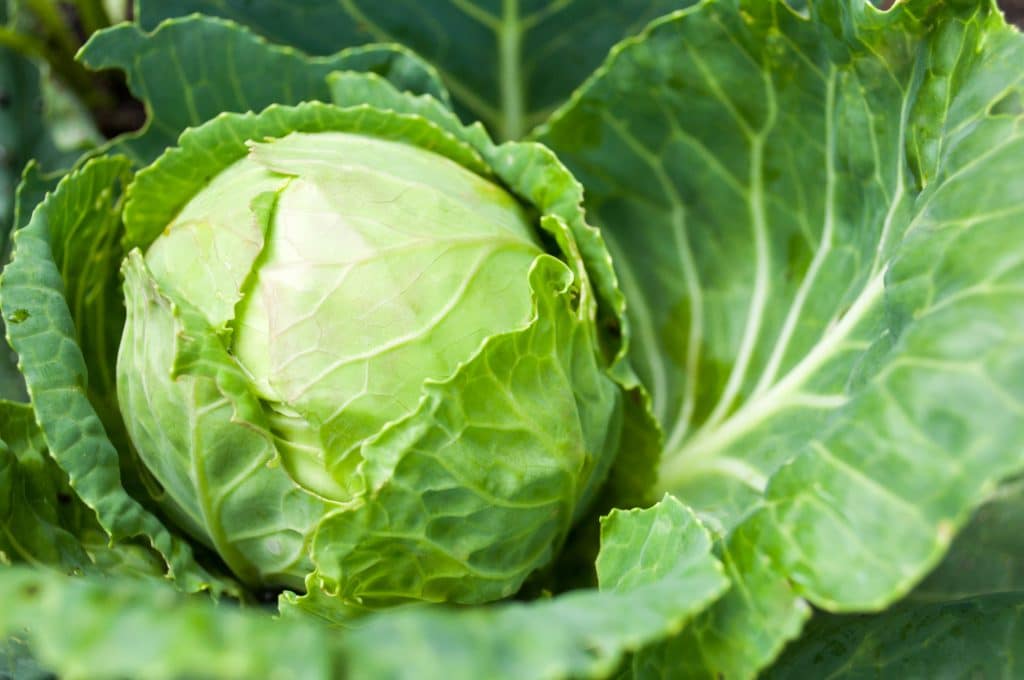
Health Benefits
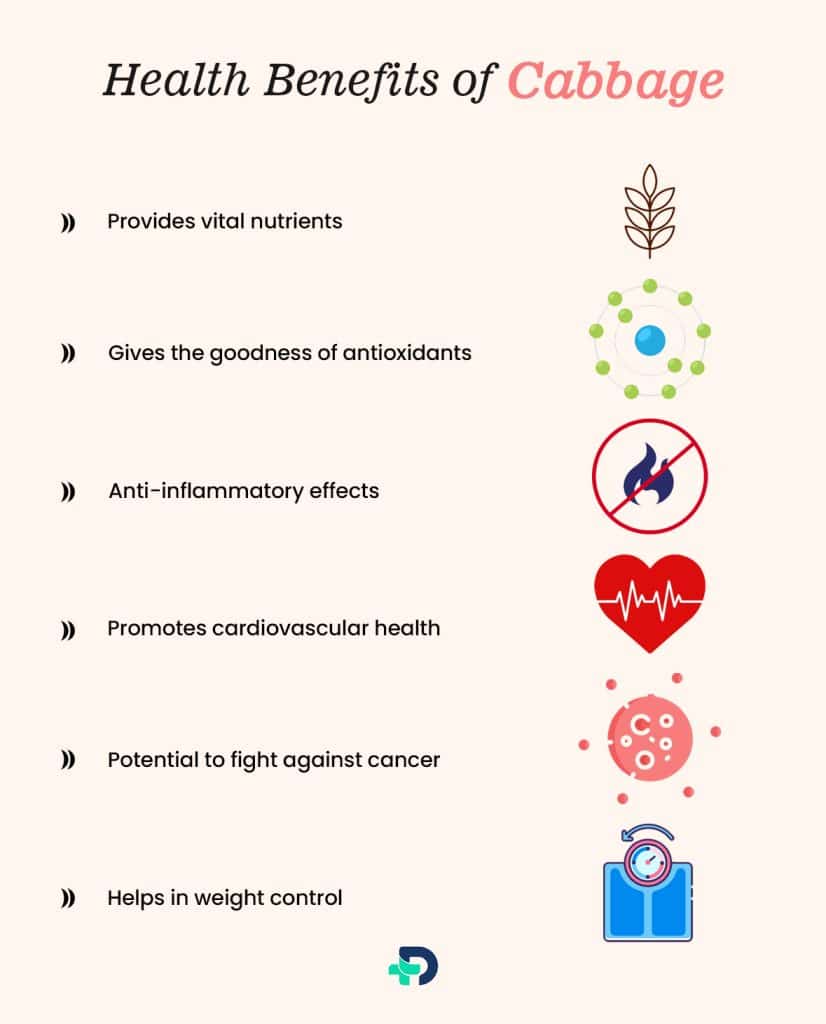
Health benefits of Cabbage
- Rich in nutrients
- Provides benefits of antioxidant
- Promotes skin hydration and healthy complexion.
- Reduces the risk of chronic diseases like arthritis.
- Promotes healthy digestion
- It helps in managing weight
- Promotes heart health
- Having Cancer-fighting potential
Although it is frequently ignored in favor of more glamorous veggies, cabbage is a nutritional powerhouse with numerous health advantages. A better lifestyle can be achieved by including it in your diet, whether you enjoy it raw, cooked, or fermented. The following are some notable benefits:
Provides vital nutrients
- Although low in calories, cabbage is a rich source of vital nutrients. It contains vitamin K, C, and nutritional fiber. The maintenance of general health and wellbeing depends on getting enough of these vitamins and minerals.2Health benefits| Researched based study from Nlm.nih.gov
Gives the goodness of antioxidants
- Cabbage contains antioxidants that protect the body from the harmful effects of free radicals.
- It encourages skin hydration and a healthy complexion, reduces the signs of ageing, and protects the skin from damage caused by free radicals.
- The risk of chronic diseases, such as heart disease, some malignancies, and age-related macular degeneration, has been linked to antioxidants such as polyphenols and sulfur compounds.5Health benefits| Researched based study from Sciencedirect.com
Anti-inflammatory effects
- Several compounds found in cabbage have anti-inflammatory effects. Sulforaphane is one crucial substance investigated for its capacity to lessen inflammatory responses and lower the likelihood of developing chronic illnesses, including inflammatory bowel disease and arthritis.5Health benefits| Researched based study from Sciencedirect.com
Cabbage benefits for stomach
- It supports healthy digestion and helps maintain regular bowel motions thanks to its high fiber content. It can also help alleviate constipation.
- By serving as a prebiotic and feeding good gut flora, fiber also aids in support of gut health3Health benefits| Researched based study from Nlm.nih.gov
Helps in weight control
- An excellent addition to a diet for weight loss or weight control because of its low calorie and high fiber content.
- Incorporating cabbage into meals can be a successful technique for keeping a healthy weight since it makes you feel full for longer and lowers the likelihood of overeating.7Health benefits| Researched based study from Nlm.nih.gov
Promotes cardiovascular health
- The antioxidants, potassium, and fiber present all support heart health. Fiber lowers cholesterol levels, and potassium helps keep blood pressure healthy.
- Additionally, by protecting against oxidative stress and inflammation, the antioxidants in cabbage may help reduce the risk of cardiovascular disorders4Health benefits| Researched based study from Nlm.nih.gov
Potential to fight against cancer
- It is a member of the cruciferous vegetable family, renowned for its possible anti-cancer effects.
- Studies have been done on the substances discovered, such as glucosinolates and indole-3-carbinol, to determine if they can slow the growth of cancer cells and lower the chance of developing certain cancers, such as breast, lung, colon, and prostate6Health benefits| Researched based study from Wiley.com
Nutritional value
Nutritional values of a Cabbage
Here is a general overview of the approximate nutritional composition of raw green cabbage per 100 grams:
- Calories: 25
- Carbohydrates: 5.8 grams
- Dietary fiber: 2.5 grams
- Sugars: 3.2 grams
- Protein: 1.3 grams
- Fat: 0.1 grams
Vitamins
- Vitamin C: 36.6 milligrams. 61% of the recommended daily intake (RDA)
- Vitamin K: 76 micrograms (95% of the RDA)
- Vitamin B6: 0.1 milligrams (5% of the RDA)
- Folate: 43 micrograms (11% of the RDA)
Minerals
- Potassium: 170 milligrams
- Manganese: 0.2 milligrams
- Calcium: 40 milligrams
- Iron: 0.5 milligrams
- Magnesium: 12 milligrams.1Nutritional value| Researched based study from Usda.gov
It also has a high water content, which adds to its hydrating effects and makes you feel fuller without consuming too many calories.
It’s important to remember that cooking or fermenting cabbage may alter its nutritional profile. For example, while fermentation might increase certain health-promoting chemicals, heating can result in some vitamin C loss.1Nutritional value| Researched based study from Usda.gov
Uses
How to use a Cabbage in different ways?
Salads, raw
- Finely sliced or shredded can be used as a crunchy salad foundation. It has a moderate, somewhat sweet flavor and provides texture. A well-known cabbage salad is Cole slaw.
Stews and soups
- It often goes into soups and stews, giving the food a strong and healthy component.
Stir-fries
- It is perfect for stir-fries since it keeps its crunch even after cooking. It enhances the freshness and vibrancy and goes well with various vegetables, meats, and sauces.
Cabbage rolls with stuffing
- You can wrap savory fillings like ground beef, rice, and spices in blanched cabbage leaves.
Fermented food
- It is frequently utilized in kimchi and sauerkraut. Prebiotic qualities in it promote the health of the intestines.3Uses| Researched based study from Nlm.nih.gov
Rolls and wraps
- It can make wraps and rolls instead of tortillas or bread. They offer a low-carb choice.
Pickled
- Vinegar can pickle cabbage, resulting in a sour and crispy flavor.
Smoothies and juices
- You can juice or blend cabbage for a beverage filled with nutrients. It mixes well with other fruits and vegetables, adding a vibrant, fresh touch to the beverage.
How much cabbage should I eat in a day?
- The recommended daily consumption of vegetables, including cabbage, varies depending on your age, sex, general health, dietary requirements, and any underlying medical disorders.
- Despite the fact that a standard serving size is roughly 1 cup, chopped or shredded. Depending on how the cabbage is prepared or cooked, this can change.
Side effects
What are the side effects of eating a Cabbage?
Although it is generally safe and advantageous for most people, there may occasionally be some adverse effects. To name a few:
Digestive issues
- It has fiber, which is crucial for maintaining intestinal health. However, some people may have gas, bloating, and flatulence if they consume significant amounts, especially uncooked. Thorough cooking may reduce these problems.12Side effects| Researched based study from Nlm.nih.gov
Thyroid function
- The cruciferous vegetable family, which includes cabbage, has substances known as goitrogens.
- These can prevent iodine uptake, which can affect thyroid function. However, unless consumed in excess, the goitrogenic effect is negligible and generally not a cause for worry.9Side effects| Researched based study from Nlm.nih.gov
Allergies
- The cruciferous vegetable family, including cabbage, may cause allergies in some people.
- Although uncommon, allergic reactions to cabbage can cause symptoms including itching, hives, swelling, or breathing difficulties.10Side effects| Researched based study from Nlm.nih.gov
Oxalate level
- It has a moderate level of oxalates, which can make kidney stones more likely to form in people who are at risk. If you’ve had kidney stones in the past or are at high risk of developing them, consume cabbage in moderation.11Side effects| Researched based study from Nlm.nih.gov
Interactions
Interaction with Medicines
Anticoagulants
- It has a lot of vitamin K, essential for blood clotting. Maintaining constant vitamin K intake is crucial if you take blood thinners to ensure the medication works as intended. The effectiveness of the drugs can be affected by sudden or significant changes.8Interactions| Researched based study from Iww.com
Thyroid-related drugs
- The presence of goitrogens can affect thyroid function by preventing iodine uptake. Although the goitrogenic effect is often negligible and not a problem for most people, excessive consumption may harm thyroid function.9Interactions| Researched based study from Nlm.nih.gov
Drug ingestion
- Certain medications’ absorption may be impacted. The absorption can be slowed because of the high fiber content, decreasing the effectiveness. Taking medications two hours before or after eating cabbage is typically advised to reduce the possibility of interaction.
Any feedback on this article?
 This Articles content was accurate
This Articles content was accurate Very Informative Article
Very Informative Article I have a question or a comment
I have a question or a comment
 This article contains inaccurate content
This article contains inaccurate content This article was not helpful
This article was not helpful I have a question or a comment
I have a question or a comment
We appreciate your helpful feedback!
Checkout our social pages
References
-
U.S. DEPARTMENT OF AGRICULTURE
Cabbage, raw | Nutritional Values
-
National Library of Medicine
The beneficial effects of Brassica vegetables on human health | Health Benefits
-
National Library of Medicine
Health benefits of kimchi (Korean fermented vegetables) as a probiotic food | Health Benefits
-
National Library of Medicine
Cabbage (Brassica oleracea var. capitata) Protects against H2O2-Induced Oxidative Stress by Preventing Mitochondrial Dysfunction in H9c2 Cardiomyoblasts | Health Benefits
-
Science Direct
Characterization of phenolic compounds and antioxidant and anti-inflammatory properties of red cabbage and purple carrot extracts | Health Benefits
-
Wiley Online Library
Research on cruciferous vegetables, indole-3-carbinol, and cancer prevention: A tribute to Lee W. Wattenberg | Health Benefits
-
National Library of Medicine
Fat-restricted low-glycemic index diet controls weight and improves blood lipid profile | Health Benefits
-
Medicine
Interaction Between Dietary Vitamin K Intake and Anticoagulation by Vitamin K Antagonists | Interactions
-
National Library of Medicine
Iodine metabolism in response to goitrogen induced altered thyroid status under conditions of moderate and high intake of iodine | Interactions | Side effects
-
National Library of Medicine
The Safety of Cruciferous Plants in Humans: A Systematic Review | Side effects
-
National Library of Medicine
Risk of Kidney Stones: Influence of Dietary Factors, Dietary Patterns, and Vegetarian–Vegan Diets | Side effects
-
National Library of Medicine
Meteorism | Side effects













